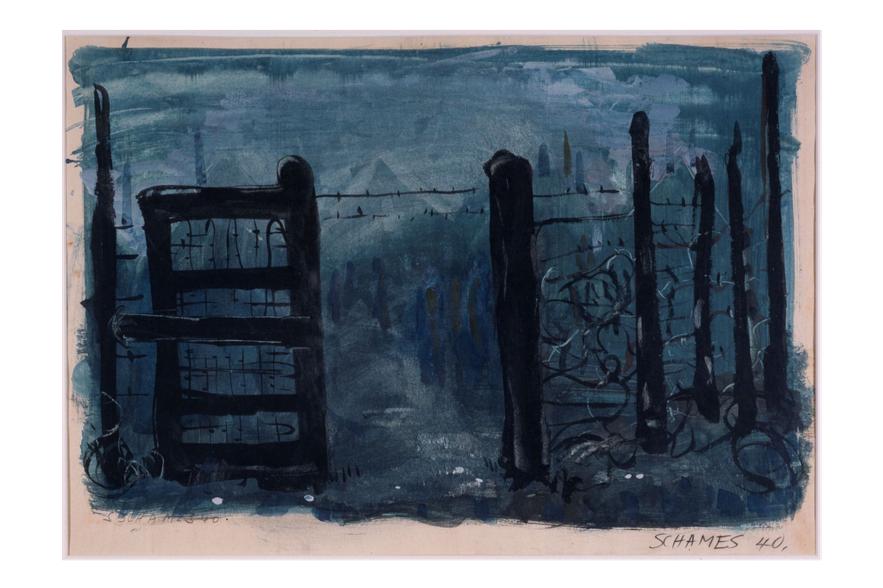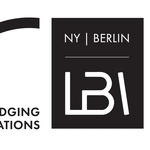Samson Schames and the Art of Exile

- Date/Time
- –
- Format
- Online
The German-Jewish painter Samson Schames represents a generation of artists who were forced to leave their homes due to Nazi persecution and yet demonstrated perseverance and resilience in their newly adopted lands. During his internment in an enemy aliens camp near Liverpool and later during the aerial bombardment of London by Nazi Germany, Schames continued to create art using improvised materials and the detritus of war. He created collages and mosaics of broken glass, nails, and wiring, held together by cement. For paintbrushes he used his own hair. Out of the rubble, Schames produced works of great power which captured the pain and suffering around him.
Using Schames’ life story and examples of his work, our panelists will provide a window into the history of exiled artists during the Nazi period and the impact of exile on their art. William Weitzer, Executive Director of the Leo Baeck Institute, will moderate a discussion about Schames with Annika Friedman from the Jewish Museum Frankfurt and Miriam Bistrovic, Leo Baeck Institute's Berlin Representative.
More about Samson Schames
The painter Samson Schames was born to an Orthodox Jewish family in Frankfurt Germany in 1898, and studied art at the Städelschule. He was an Expressionist and endowed his work with explosive spontaneity displayed through stark, spiky strokes, evoking a closer resemblance to applied arts than classical fine arts of his times. He also designed stage sets for the German theater and for the Jewish theater in Germany which in turn influenced his artworks that had an almost scenic quality.
After the Nazis came to power, life became far more difficult. His art was classified as Degenerate Art by the Nazis. In contrast to other artists, his artworks were not only confiscated, but often destroyed by the Nazi expropriators. He and his wife were forced to flee to London in 1939.
With the start of World War II, England interned German-born men as enemy aliens, ironically including German Jews who had escaped Nazi Germany. During his internment, he remained productive despite having access neither to paint nor brushes. He created collages and mosaics using the debris he found as a result of the Nazi bombings. After the war, Schames lived and continued his career as an artist in the U.S.

